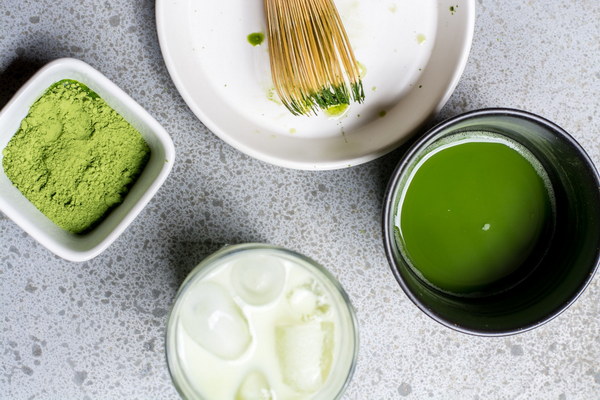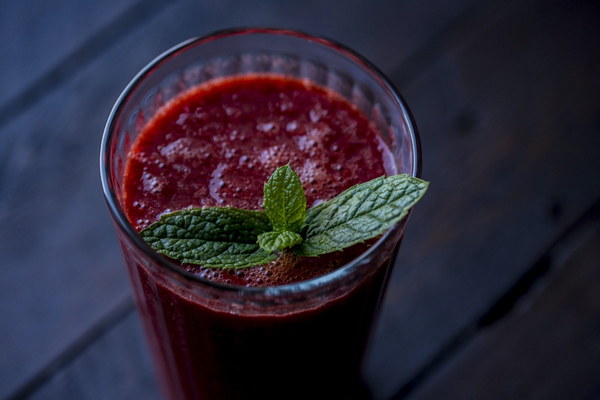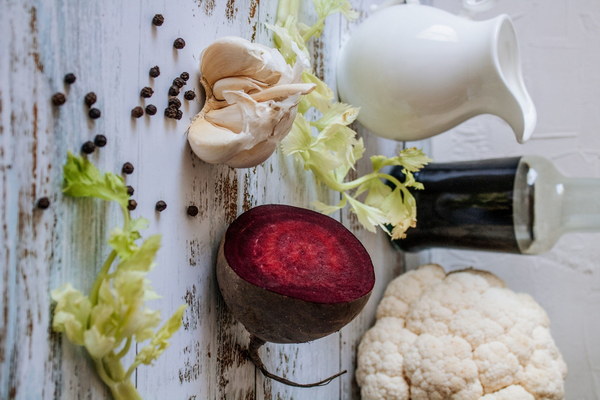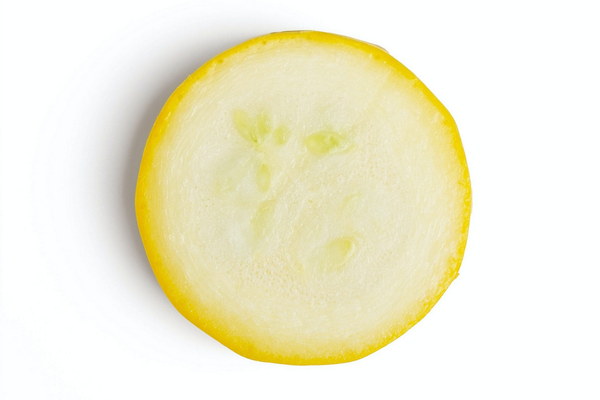Natural Remedies for Ear Stones A Guide to Dietary Treatments
Introduction:
Ear stones, also known as otolithic dislocations, are small particles of calcium carbonate that become trapped in the ear canal. This condition can lead to symptoms such as dizziness, vertigo, and tinnitus. While conventional treatments are available, many individuals are seeking natural remedies to alleviate their symptoms. One such natural approach is dietary treatment, which focuses on incorporating specific foods and nutrients into your diet. In this article, we will explore the benefits of ear stone dietary treatment and provide you with a comprehensive guide to help you manage this condition through your diet.
1. Understanding Ear Stones:
Before diving into dietary treatments, it is important to understand the underlying causes of ear stones. These small particles, known as otoliths, are usually found in the utricle, a part of the inner ear responsible for balance. When otoliths become dislodged and migrate to the semicircular canals, they can cause disorientation and discomfort.
2. The Role of Diet in Ear Stone Management:
Dietary treatments for ear stones focus on two main aspects: reducing inflammation and providing essential nutrients to support the ear's health. By incorporating certain foods and nutrients into your diet, you may be able to alleviate symptoms and promote ear stone resolution.
3. Foods to Avoid:
Some foods can exacerbate inflammation and contribute to the development of ear stones. It is advisable to avoid the following:
- Processed foods: These are often high in sodium, which can lead to fluid retention and exacerbate ear stone symptoms.
- Artificial sweeteners: These substances can disrupt the balance of electrolytes in the body, potentially contributing to ear stone formation.
- High-fat dairy products: Excessive consumption of high-fat dairy products may increase inflammation and hinder the resolution of ear stones.
4. Foods to Include:
To support ear stone management, include the following foods in your diet:
- Anti-inflammatory foods: Incorporate anti-inflammatory foods such as berries, green leafy vegetables, nuts, and seeds into your diet. These foods contain antioxidants and omega-3 fatty acids that help reduce inflammation.
- Hydration: Staying well-hydrated is crucial for maintaining ear health. Drink plenty of water throughout the day to aid in the elimination of waste products and reduce the risk of otolith formation.
- Magnesium-rich foods: Magnesium plays a vital role in maintaining electrolyte balance and reducing inflammation. Include foods such as almonds, cashews, black beans, and whole grains in your diet.
- Vitamin D: Vitamin D is essential for calcium absorption and overall ear health. Include foods such as fatty fish, egg yolks, and fortified dairy products in your diet.
- Probiotics: Probiotics can help maintain a healthy gut, which is important for overall ear health. Consume probiotic-rich foods such as yogurt, kefir, and fermented vegetables.
5. Additional Tips for Ear Stone Management:
- Regular exercise: Engaging in moderate exercise can help reduce inflammation and improve overall ear health.
- Avoiding allergens: Identifying and avoiding allergens may help alleviate ear stone symptoms.
- Rest and relaxation: Managing stress levels can contribute to ear stone resolution and overall well-being.

Conclusion:
While dietary treatments for ear stones are not a substitute for medical advice, they can be a complementary approach to managing symptoms. By incorporating anti-inflammatory foods, staying hydrated, and ensuring an adequate intake of essential nutrients, you may be able to alleviate ear stone symptoms and promote ear health. Always consult with a healthcare professional before making any significant changes to your diet or treatment plan.









